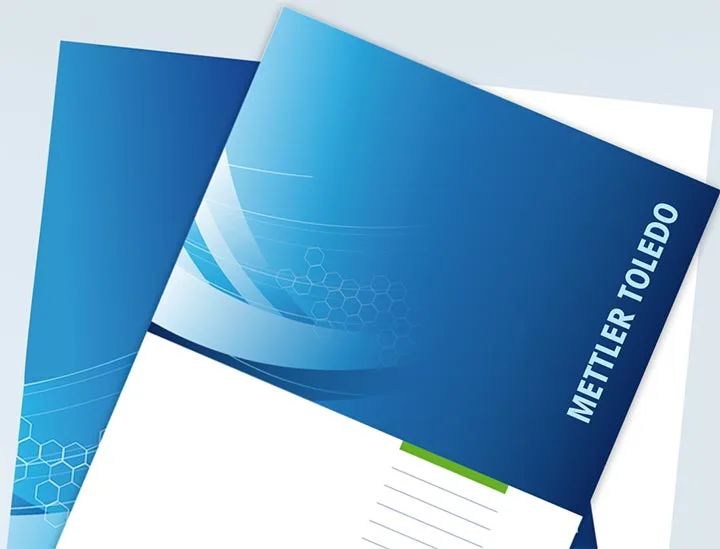In vitro transcription (IVT) of mRNA is the primary means of obtaining kilobase-length mRNA molecules derived from plasmid DNA, reducing the cost of mRNA process development over other methods. However, the process is complex and requires careful process characterization and development to scale successfully. A typical mRNA synthesis process includes:
- DNA template preparation
- In vitro transcription of the mRNA
- Removal of debris and intermediate capture of RNA
- Residual nucleic acid and protein purification followed by
- Formulation with delivery systems such as lipid nano particles (LNP)
In vitro transcription requires controlled addition to DNA templates, nucleotides, and other reagents followed by a natural or recombinant polymerase to catalyze the transcription synthesis. To ensure the efficiency and scalability of the process, design of experiment (DoE) methods are used to optimize the process and step by step scale-up to achieve yield, quality, and efficiency (such as the scale-up path from 1 mL – 50 mL – 500 mL – 5 L). In practice, IVT often encounters the following challenges:
- Inconsistent process parameter control, leading to variability between synthesis batches
- Difficult to sample or measure process in real-time; lack mechanism and kinetic data
- Tedium, variability, and human error introduced from manual operation steps
Automated synthesis platforms for IVT mRNA synthesis offer: precise temperature control, programmable automatic dosing, and other functions can ensure repeatability and stability of the reaction system, thereby achieving linear scale-up.
The synthesis platform has excellent scalability and can be complemented with in-situ FTIR and Raman probes to characterize and optimize process parameters and quality attributes in development. Automated protocol design and execution avoids errors caused by manual operations, ensuring consistency between synthesis batches.
Download this free application note for techniques and tools to automate your mRNA synthesis workflow.








